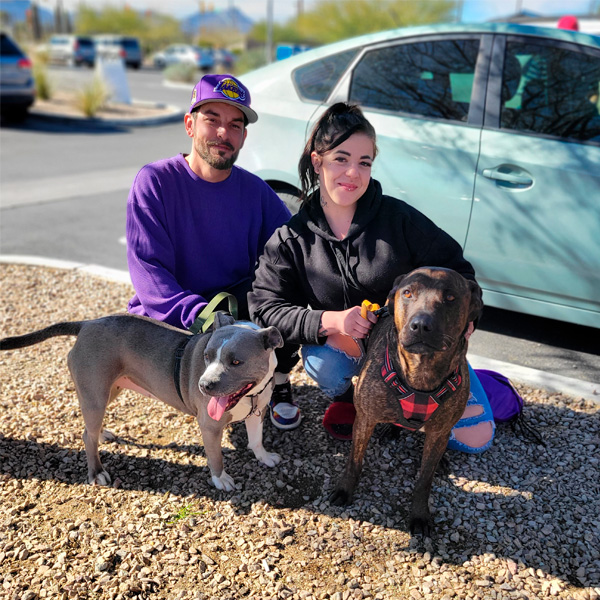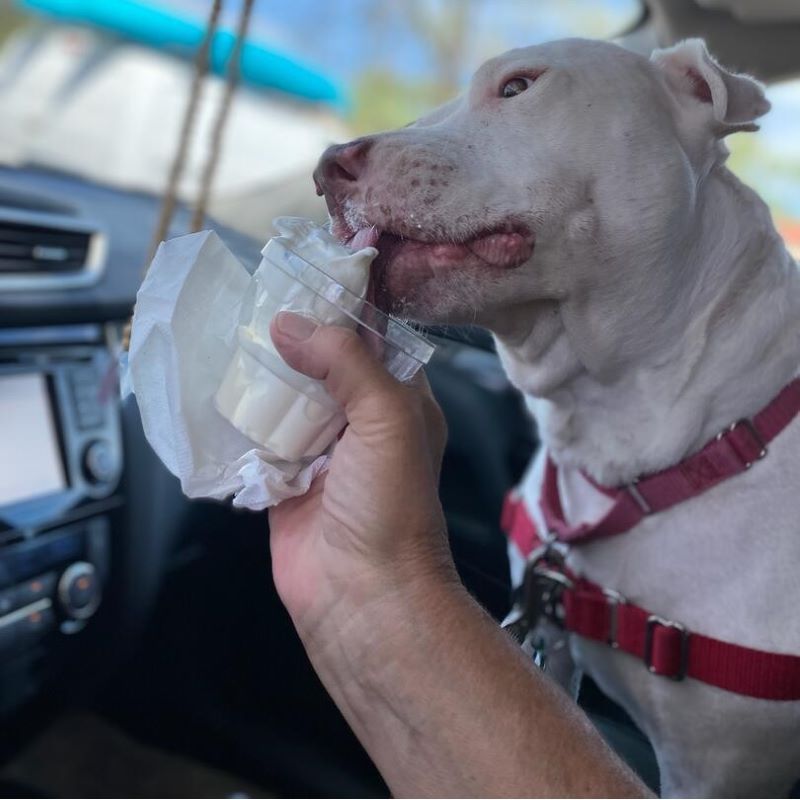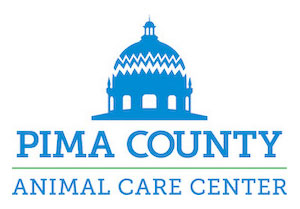In 2020, PACC became one of twenty-two shelter organizations to pilot the launch of Safety Net — a foster services program designed to support families through a crisis without losing their pets. The program was born of two widespread observations in the animal services community: that most people do not want to give up their pets and only do so when forced by unforeseen hardships, and that the bond between humans and animals is a healing force crucial to mental health in times of major transition, so it’s worth making every possible effort to keep human-animal families together, or at least make separations short-term. PACC’s Safety Net program helped many families find temporary housing for their pets during the first year of the pandemic. The program was paused briefly to fine tune its processes, then resumed in March 2021.
Tracing the history of this innovative system is like opening a series of nested boxes: Safety Net is a part of Human Animal Services (HASS), a program started during the COVID-19 pandemic, which is derived from the international collaborative group American Pets Alive! (AmPA!), which itself is the national arm of Austin Pets Alive! (APA!), a scrappy, Texas nonprofit shelter.
In 1997, APA! kicked off this mushrooming movement when they sought to solve the heartbreaking crisis of overcrowded shelters leading to thousands of unnecessary animal deaths. Determined to rethink the management of animal services, they launched a no-kill initiative which, by 2019, took them from an 85% kill rate to the largest no-kill shelter in the country! Proving the mighty power of collaboration to burgeon into a vast network, their no-kill model inspired municipalities throughout the US and beyond, inspiring the creation of AmPA! and most recently HASS.
Fast forward to 2023: the nationwide lifting of eviction moratoriums has resulted in mass overcrowding in shelters, even those in the North which previously had greater capacity. The demand for services from Tucson’s Safety Net program has rapidly intensified. According to PACC Public Information Officer Kayleigh Murdock, 90% of applications for assistance are eviction-driven, either from lack of relocation funds, or the limited availability of pet-friendly rentals.
For those needing assistance, here’s how it works: Anyone unable to care for their pet, for whatever reason, can fill out the application online. Once accepted, they bring their animal friend to PACC, who will place them in a temporary foster home. The program operates in 30-day cycles, beginning with one month, then extended monthly as needed. Visit this page for a link to the application, and a list of many assistance options: https://www.nokillpimacounty.
For those eager to help, their greatest need by far is foster homes! While PACC has a dependable core group of fosters, and a good number of new ones (thanks in part to a KOLD story from February of this year), the number of family surrenders far outweighs the number of foster homes. They especially need foster hosts that can house large dogs. Cats and small dogs are easily accepted, but large dogs are a struggle to place.
Unable to foster? Support the program financially by donating to Friends of Pima Animal Care Center at friendsofpacc.org.
If neither is an option right now, you can still help the no-kill effort by doing all you can to keep animals out of shelters. Whenever possible, keep lost animals in the neighborhoods where they were found by holding the animal in your home for 48 hours and placing notices on local neighborhood chats or social media. For more detailed advice and information on this, read AmPA!’s excellent 2021 blog on the subject: https://www.











